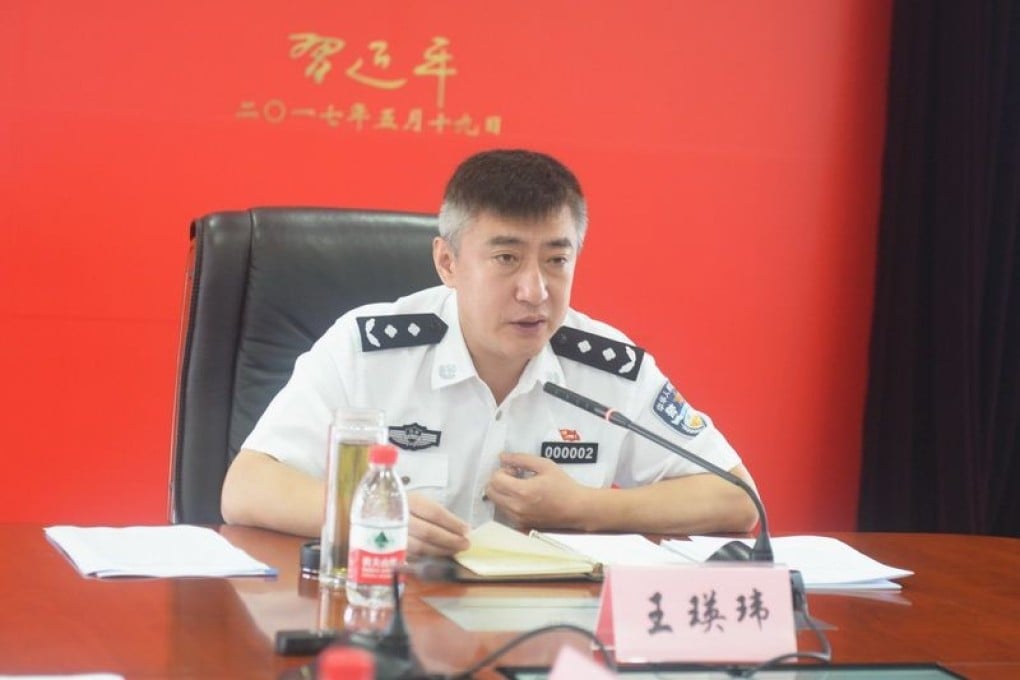Big data expert takes over as China’s new cybersecurity chief
- One of Wang Yingwei’s priorities will be overseeing the coming roll-out of a new regulatory regime

China’s Ministry of Public Security has appointed a big data expert to lead its cybersecurity force, and one of his priorities will be overseeing the coming roll-out of a new regulatory regime.
Wang Yingwei was identified as the new director of the Cybersecurity Bureau in an interview with the ministry’s official newspaper, China Police Daily, published on Sunday. He was previously the Communist Party secretary of the bureau.
Wang studied computing and has a PhD in applied mathematics from Peking University. According to another source, Wang studied at Peking under Shi Qingyun, a professor who specialises in pattern recognition and image databases.
Algorithms developed by Shi have become key to automatic fingerprint identification system research in China – technology that is widely used by its police, banks and other businesses. “Wang was among one of Shi’s most promising students,” said the second source, who requested anonymity.